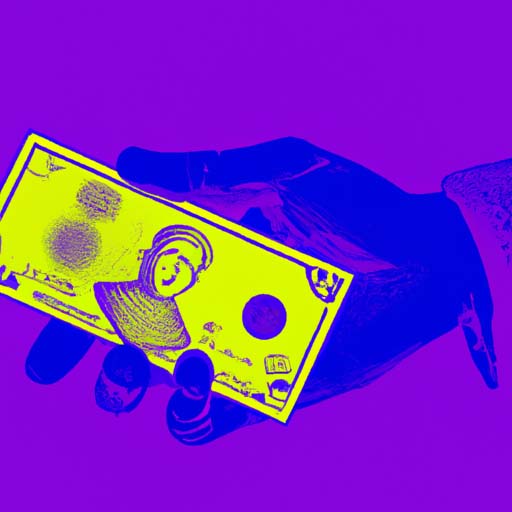Blockchain – More Than Just Bitcoin
Unpacking the broader applications of blockchain technology
The rise of blockchain technology has been synonymous with the proliferation of cryptocurrencies like Bitcoin, but its potential extends far beyond the realm of digital currencies. While Bitcoin may have put blockchain on the map, it is just scratching the surface of what this revolutionary technology can achieve. In this article, we will delve into the broader applications of blockchain, exploring how it is reshaping industries and transforming businesses.
What is Blockchain?
Before exploring the wider applications, it is crucial to understand what blockchain actually is. At its core, blockchain is a decentralized and distributed ledger that securely records transactions across multiple computers. Each transaction is stored in a “block” that is linked to the previous one through cryptographic hashes, forming an immutable chain.
Blockchain’s defining characteristics are transparency, security, and immutability. Every participant on the network has access to the same information, reducing the need for intermediaries and ensuring data integrity. It eliminates the risk of fraud or tampering, making it an ideal solution for industries that rely on trust.
Blockchain Beyond Cryptocurrencies
While Bitcoin popularized blockchain technology, its applications go far beyond digital currencies. Let us explore some of the key industries harnessing the power of blockchain:
Finance and Banking
The finance and banking sectors were quick to recognize blockchain’s potential. With its ability to provide secure and transparent transactions, blockchain streamlines and accelerates cross-border payments, eliminates intermediaries, and reduces transaction costs. Additionally, it enables the development of decentralized cryptocurrencies and smart contracts, revolutionizing financial operations and reinventing the concept of “trust” in this industry.
Supply Chain and Logistics
The supply chain industry faces numerous challenges, from traceability to counterfeit products. Blockchain provides a solution by creating a transparent and immutable record of each step in the supply chain. This ensures the authenticity of products, minimizes fraud, and enables quick identification and resolution of issues. With blockchain, stakeholders can track and verify the origin, movement, and quality of goods, bringing efficiency, trust, and accountability to the supply chain.
Healthcare
In the healthcare field, privacy, security, and interoperability are paramount. Blockchain offers an innovative approach to address these concerns. It allows for the secure storage and sharing of medical records, ensuring patient privacy and enabling seamless access to critical information across healthcare providers. Blockchain can also streamline medical research and clinical trials, improve drug traceability, and empower patients with ownership and control over their health data.
Real Estate
Real estate transactions often involve complex processes, paperwork, and intermediaries, leading to delays and increased costs. Blockchain can simplify and streamline these transactions by providing a transparent, secure, and efficient platform for property transfers and contracts. It eliminates the need for intermediaries, reduces fraud, and ensures the validity of property ownership records. Blockchain-based solutions also enable fractional ownership, making investment in real estate more accessible and liquid.
Government and Voting Systems
Blockchain technology has the potential to revolutionize government operations and voting systems. By leveraging blockchain, governments can enhance transparency, improve data security, and streamline administrative processes. Immutable records can eliminate fraudulent voting practices, ensuring fair and trustworthy elections. Additionally, blockchain can be utilized for the secure storage of vital documents, such as birth certificates, land titles, and identification records, reducing the risk of corruption and data loss.
The Future of Blockchain
As blockchain technology continues to mature, its potential applications seem limitless. From revolutionizing supply chains to transforming governance, blockchain has the power to reshape industries and improve trust, transparency, and efficiency across various sectors. However, challenges remain, including scalability, regulatory frameworks, and interoperability. Nevertheless, the momentum behind blockchain is undeniable, and its adoption is expected to increase exponentially in the coming years.
In conclusion, blockchain is undoubtedly more than just Bitcoin. Its applications extend far beyond cryptocurrencies and have the potential to revolutionize industries across the board. By harnessing blockchain’s transparency, security, and immutability, businesses and organizations can redefine trust, streamline operations, and unlock new opportunities. The future of blockchain is bright, and its impact will continue to be felt throughout the digital landscape.



